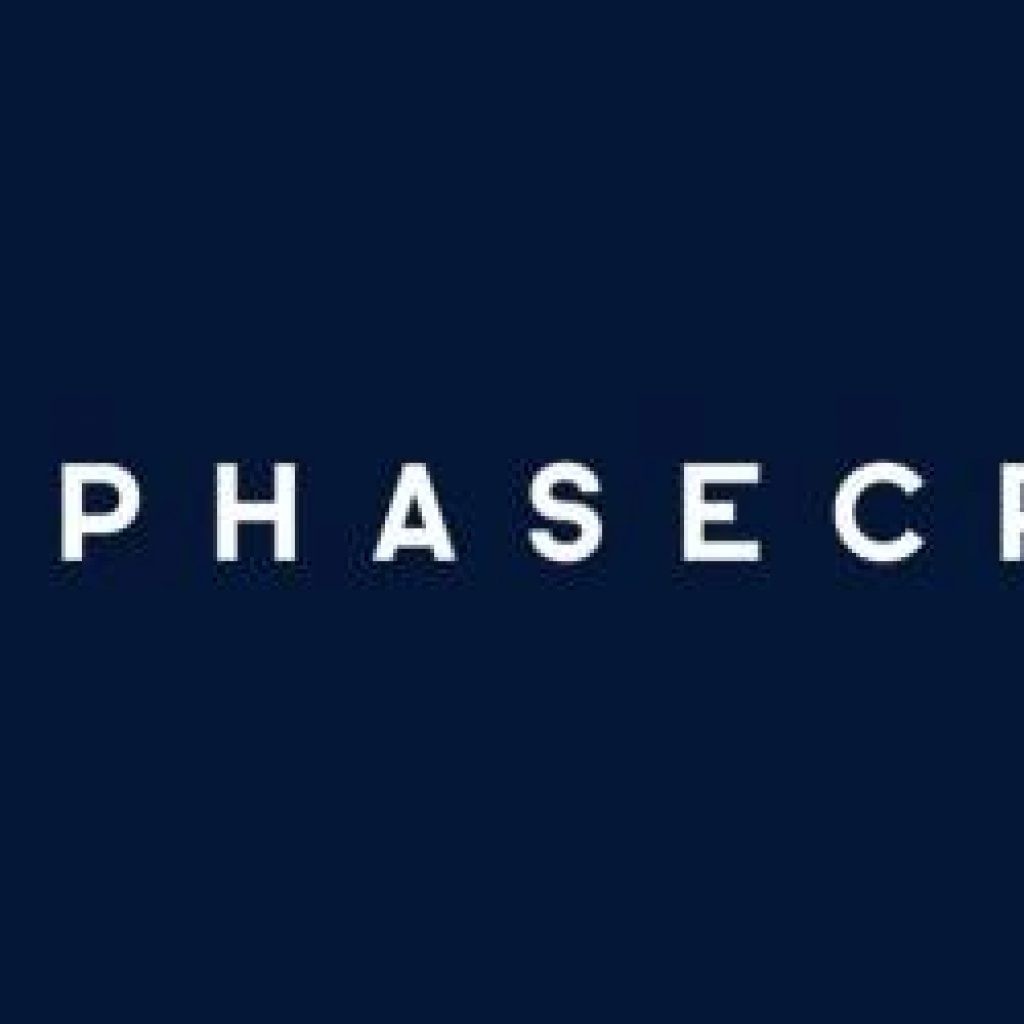(EurekaAlert) One of the most significant challenges in the global R&D effort towards better energy technologies — efficient and accurate material simulation — may be one step closer to being solved, based on new techniques released by UK-based quantum software startup Phasecraft.
Phasecraft’s Joel Klassen, who co-led a recent study, explained, “One of the most exciting potential applications for quantum computing is simulating physical systems like materials. Using new tools, like quantum computers, to develop a better understanding of how the natural world works has historically often led to dramatic technological breakthroughs. Our results reduce the resources required to perform these simulations, bringing this application closer to reality.”
“Many important fields such as Chemistry and Materials Science are concerned with the dynamics of fermion particles in physical systems – in the form of electrons. Fermions are notoriously difficult to simulate on regular computers so being able to simulate them efficiently on a quantum device would provide a faster path to tackling hard problems in these areas of research such as understanding high temperature superconductivity or improving chemical reaction efficiency,” commented Charles Derby, a Phasecraft team member and PhD candidate at UCL, who co-led the research.
Building on these findings, Phasecraft is conducting small-scale experiments to demonstrate these resource improvements and error mitigation methods on quantum hardware, as well as working with established industry partners to explore how they may be applied to battery material simulation.
“Another compelling part of this new approach is the error detection and mitigation integrated into the fermion encoding, which are particularly important on near-term, noisy quantum hardware,’ explained Phasecraft consultant and research contributor Johannes Bausch.
Quantum Software Startup Phasecraft Reveals a More Efficient Method for Modeling Electrons in Materials
